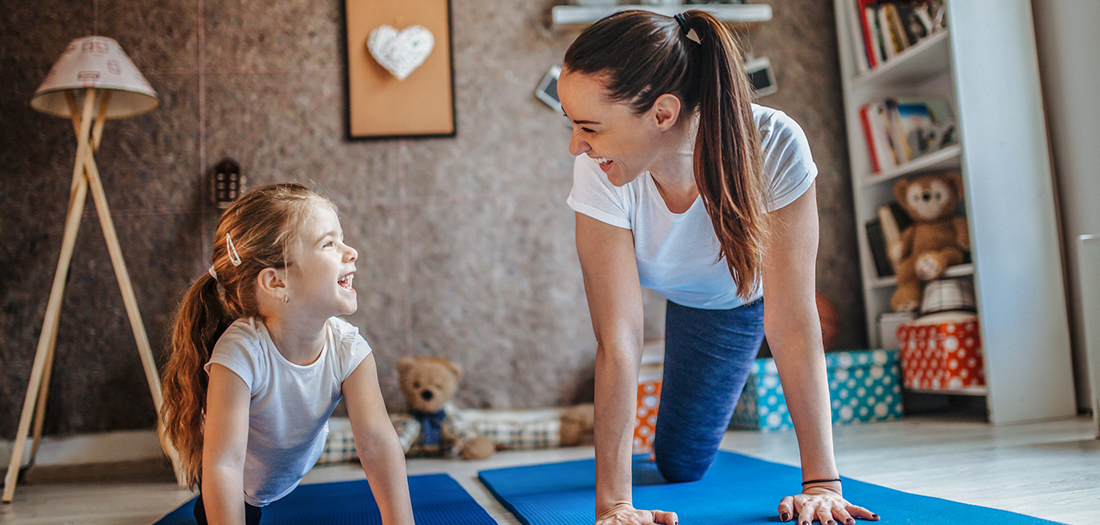The best ways to fight depression
Depression. A single, 10-letter word. It may seem insignificant, but it can cause debilitating physical and psychological symptoms that affect how we feel, think, and behave. It could potentially influence basic daily activities, and it often comes with an unfortunate sense of hopelessness. Sound like an unwinnable uphill battle? It’s not. The good news is that with the correct type of treatment, you can address and treat the challenges of depression.

First, it’s important to know that there are different ways that depression can manifest. Situational circumstances can trigger depression, or it may be an ongoing condition. The first step is to recognize symptoms and make a conscious effort to seek treatment. Many people find this hard because of the social stigma attached to the condition. The reassuring news is that there’s a judgment-free alternative to therapy – peer counseling.
Is peer counseling an effective way to fight feelings of depression?
Peer counseling is an affordable, accessible alternative to traditional therapy. Peer counselors have the resources, tools, and human EQ skills to assist you through understanding and dealing with depression. Another perk is that it’s available online, which means you get the space to speak openly about your current situation from your home (or wherever is comfortable for you.)
Better still, peer counseling is a practical coping mechanism that’s conducted online. You don’t have to book appointments far in advance like you may need to with a formal therapy session, and you can also select a peer counselor that resonates with your personality best. No judgment, no pressure. What a relief!
Practical ways to fight depression:
Peer counseling is a very healthy foundation to start with if you’re looking to unpack any feelings of depression that may be nagging for an outlet. It may feel obvious, but here are two suggestions that are worth taking seriously:
1. Stay active and exercise regularly
Fatigue and demotivation are two common symptoms of depression. That’s totally normal. Combining physical activity and soaking up a little Vitamin D could work wonders. Encourage yourself to prioritize physical movement – it could be as simple as a walk or jog.
2. Stay surrounded by strong support networks
When we feel down, it’s easy to want to isolate ourselves from friends and family, but this will only worsen the symptoms. Reach out to people you trust and make a concerted effort to spend time with them – human connection and interaction are vital elements of anyone’s ‘fight strategy’.
Don’t be scared of being scared.
Often, people don’t deal with depression because they’re scared of being prescribed medication that could have side effects. A peer counselor won’t diagnose mental health conditions; they are there to actively listen to your experiences, share their perspective and provide advice to build your emotional resilience during times of overwhelm. If you find a compassionate peer counselor to lend an empathetic ear and help develop practical coping skills, it could be a great way to start fighting and conquering your depression. You’re not alone, and you should never feel you are with peer counseling.
One of the best ways to fight depression is to talk about it with someone who understands. Here’s why peer counseling can help you find your feet to face your challenges head on.











